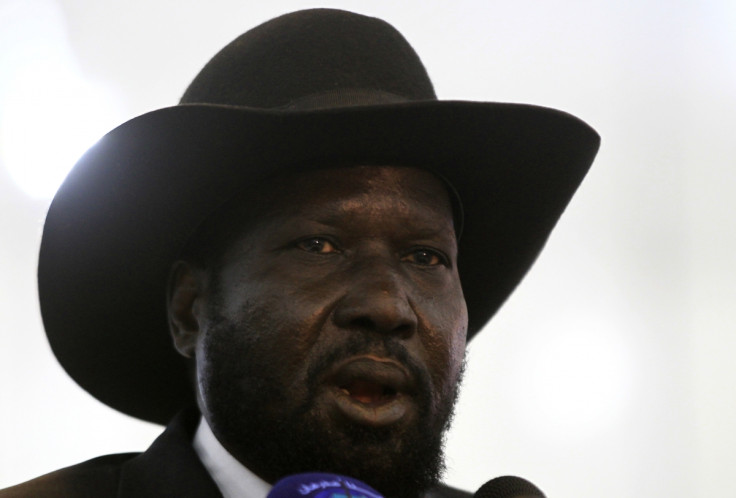South Sudan Curfew Violators to be Shot Dead as 'Only Witches Move at Night'

South Sudanese Interior Minister Aleu Ayieny Aleu has ordered security forces to shoot and kill anyone who violates the country's night-time curfew.
The curfew –which lasts from 8pm to 6 am – was imposed by the South Sudanese government last December following increasing violence in the country.
The curfew was issued by President Salva Kiir, who initially set the start time at 11pm. It was subsequently moved three hours earlier.
"The shoot-to-kill order was passed by the council. It is not an individual order," Aleu told security forces.
"It is only witches who move at night. They steal and kill our people ... shoot them. We have to strike hard to stop this problem, so now, even civilians cannot move about at night."
According to critics, the order to kill curfew violators is a response to mounting tension over the debate about federalism. A new, federal government is supported by rebel leader and former vice-president Riek Machar.
An insider told the Sudan Tribune that "They [the government] see the rising debate in favour of federalism in the country as a threat to the centred power by the clique.
"They confiscate newspapers that publish the debate. Now they attempt to silence after-work debates in evening social gatherings in town."
A spokesperson for Machar said the opposition was encouraging debates and had been consulting with representatives of civil society organisations and individuals to seek their views on federalism.
Machar – who is from the ethnic tribe Nuer - was fired by Kiir, an ethnic Dinka, last December, accused of plotting a coup against the government. However, he denied the allegations and accused Kiir of carrying out violent purges.
The accusations sparked violence among the two ethnic groups, and the country has since plunged into a civil war which has killed at least 10,000 people and displaced 1.5 million.
The UK-based Disaster Emergency Committee (DEC) – which brings 13 leading UK aid charities together in times of crisis - warned that 4 million South Sudanese people are at risk of famine.
Kiir and Machar reached a ceasefire deal earlier in February, but this failed to stem the violence as fresh fighting broke out shortly after. Another ceasefire was broken in May.
The warring factions vowed last June to end violence and form a transitional government within 60 days. However, the bloodshed continues.
© Copyright IBTimes 2025. All rights reserved.




















